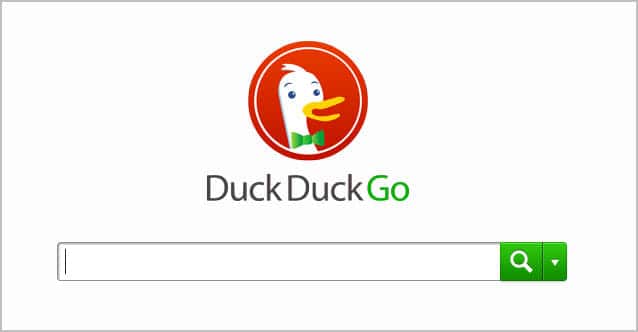Many search engines are no longer tools that you use to find unfiltered results. Modern search engines like Google Search or Bing filter results for each individual user to display what they think are the most useful results for that particular user. This means that ten people who search for the same search phrase at the same time may get ten totally different results.
How do they do that? Search engines use a variety of factors, including a user’s search history, likes, browser or location to filter results. While this may seem harmless at first, it has consequences that are hard to detect.
It first means that websites and services may get demoted in the results if the search engine thinks they are less useful to you. This in turn may limit access to information, as results are moved to the back pages. It may also mean that you will see more news and information that you agree with and less that you would disagree with.
Companies like Google are also pushing more of their own content into the results, either by favoring sites such as YouTube or Google+ in the results, or by plastering ads in so many locations that it becomes harder to distinguish them from the search results.
But it is not only the search engines that filter information for users. Facebook does it to, by looking at a user’s likes and links that get clicked on. You may as a consequence see more news that some users post, and less that others post.
This algorithmic approach has its flaws, which many users may not realize immediately. Many may feel confirmed in their believes and ideas when the majority of information they see are tailored to their likes. The danger here is that these users will only see one piece of the puzzle, that they will miss out on information and that this leads to uneducated decisions.
Take a look at this Ted Talk video about the Filter Bubble concept:
Escape
It is not easy to escape the bubble completely. When it comes to search engines, you can move to engines that do not filter or personalize results. This means no Google, no Bing, no Yahoo but search engines like DuckDuckGo. But search engines are not the only ones that filter and personalize results.
Switching to another search engine is one thing, but what about sites like Facebook? You could obviously move to another social networking site or none at all, but most users are likely not willed to make that step. One option would be to contact the site owners or support to let them know how you feel about it, and that you want unfiltered news and information.
The thing is, if you want access to unfiltered information, you need to compromise. And this means letting services and websites know how you feel about the issue, and if nothing changes switching to other services that do not filter data in that extent.
Filters are not that far away from censorship and manipulation. And that’s scary.
What’s your take on the matter?

0 comments:
Post a Comment